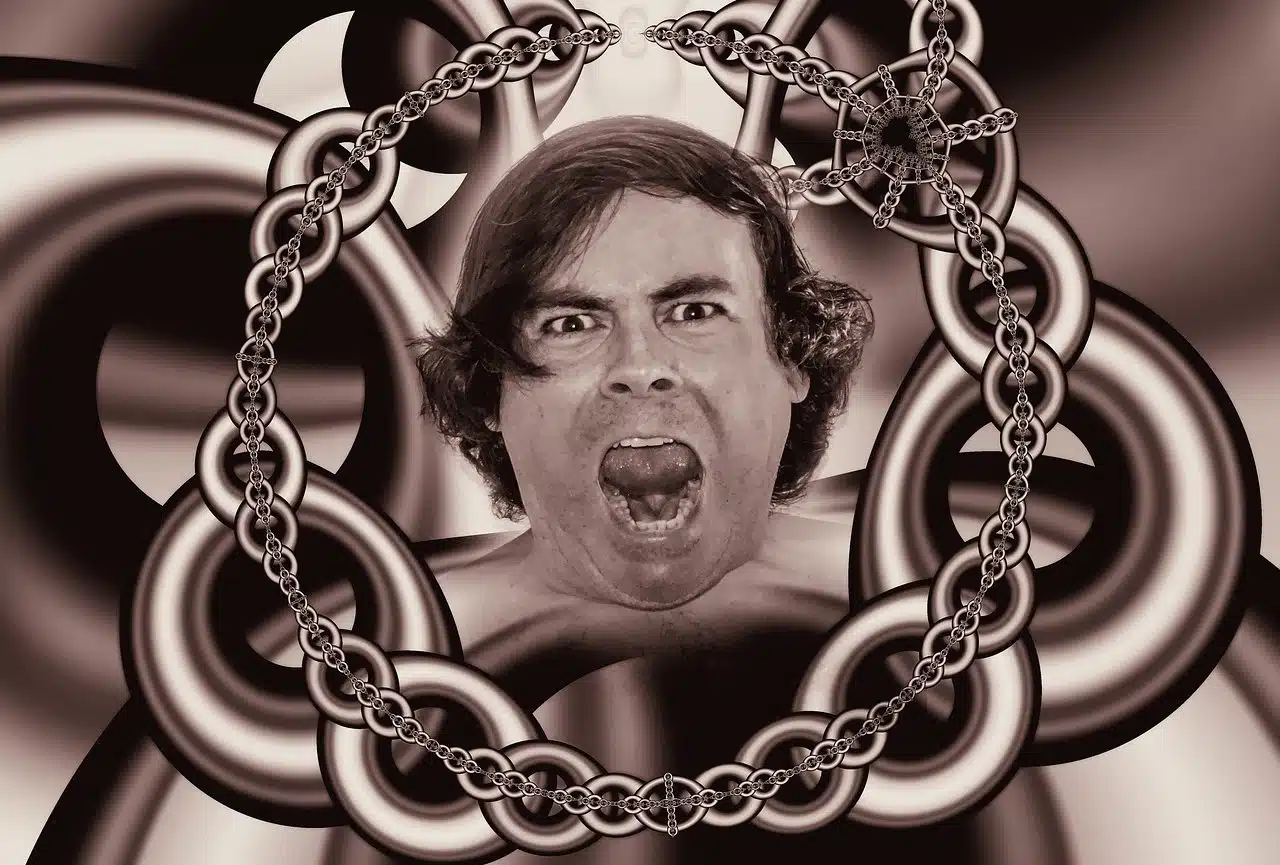
Alienation is associated with a modification of one's consciousness.
Alienation is the act and result of alienating . This verb, for its part, refers to alienate, remove or split.
The concept, which comes from the Latin language ( alienatĭo ), appears in various sciences . At a general level, it can be said that alienation consists of the loss of something that is one's own or that constitutes the essence. As a result, the alienated subject acts differently than expected or anticipated.
Alienation concept
According to the Royal Spanish Academy ( RAE ), alienation can occur when a person or group modifies their consciousness until it becomes contradictory with what is expected due to their condition. A worker who votes for a political party that promotes the free market, adjustment and cutting of state services can be considered a victim of alienation: through the action of the media or through another mechanism, he is a individual who votes against the interests of his class.
For Marxism , in capitalist society workers suffer alienation since they are not considered as human beings, but as labor that is represented through what it costs in money. People, in this way, become usable according to their role in capitalism .

Alienation leads a person to act in a way other than what is expected.
The notion according to psychology
According to psychology , alienation is a state of mind that is characterized by the absence of the perception of one's identity or by a distancing from reality . Someone under the influence of a narcotic drug may be alienated.
Alienation, in this context, supposes the loss of that feeling that some call self-referentiality or self-awareness , since identity can be understood as the ability that living beings have to consider ourselves individuals separate from the reality that surrounds us, entities independent of the that we appreciate through the senses. When this feeling is affected, we stop acting normally .
It is worth mentioning that psychoanalysis does not always relate alienation to a pathology of the mind; so much so that it contemplates the occurrence of this phenomenon in apparently healthy people or without a history of mental disorders.
According to psychoanalysis, almost all people can go through moments of mental alienation if we are subjected to extreme conditions. We should not confuse this state with the one experienced in psychosis: while in this the patient experiences a delirium instead of the reality that he would normally perceive, during alienation he replaces it with an alien speech.
Mental alignment as a disease
Mental alienation is a disease that can be acquired or congenital, occur circumstantially or habitually. In addition to the characteristics set out in the previous paragraphs, we can say that it usually presents the following four symptoms, which may appear to a greater or lesser extent, depending on the case:
- Impossibility of understanding reality , both concretely and abstractly. By ceasing to perceive oneself as a being with its own identity, the rest of the elements of the world also become blurred and it becomes impossible to treat them adequately.
- Inability to judge one's own or others' actions from a moral point of view; that is, to distinguish between right and wrong, legal and illegal.
- Great difficulty in adapting to the normal rules of coexistence , both within the family group and at work or on public roads.
- Inability to assume responsibilities and maintain them over time. This is seen in various legal and administrative areas, since the subject cannot obtain and maintain a job or respect the conditions of an educational center but neither can he or she enjoy certain rights and aid from the government.
